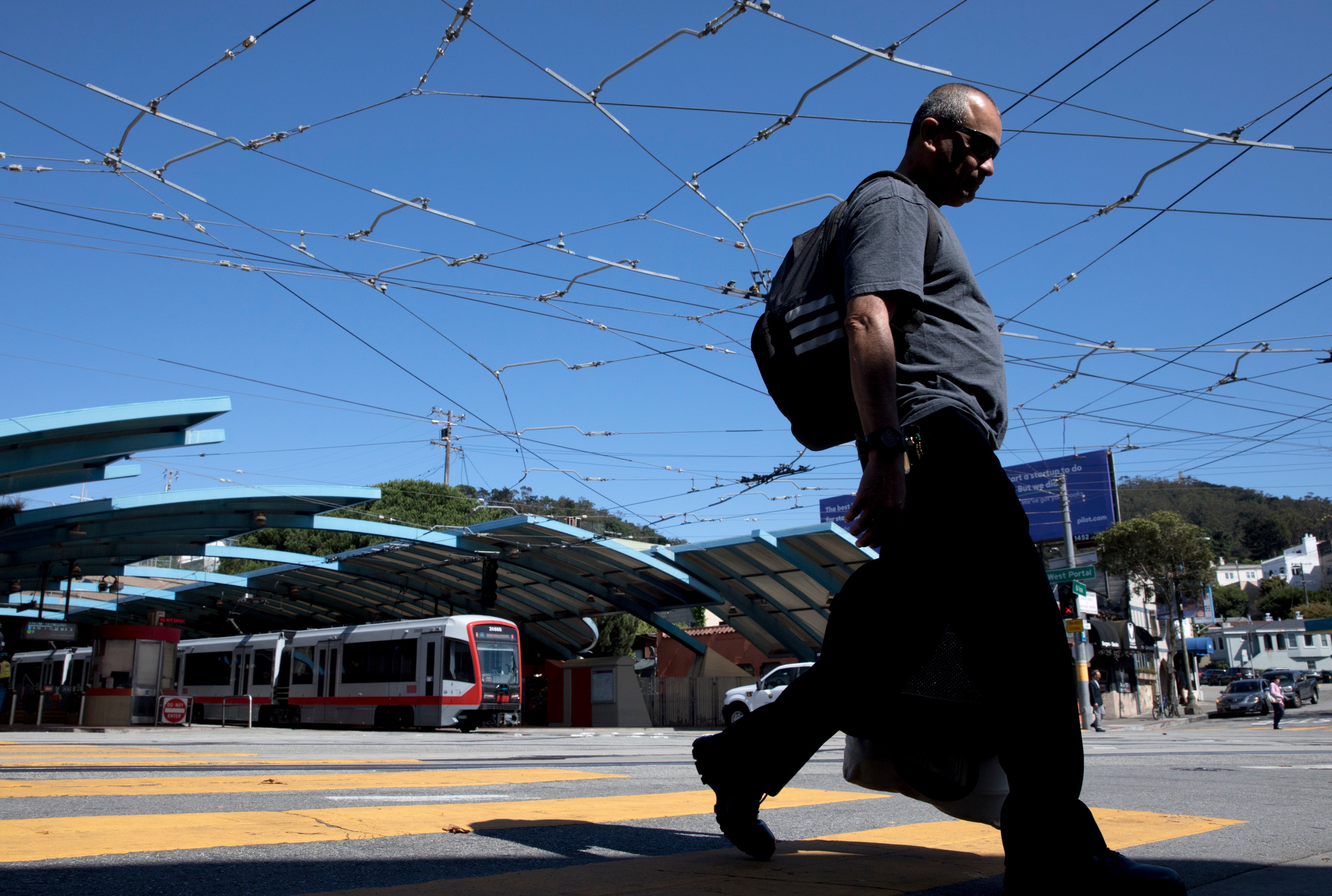West Portal merchants and city officials have called an armistice in the battle over an intersection near the corridor where a family of four was fatally struck in March, postponing changes aimed at increasing safety for pedestrians and cyclists.
The safety changes proposed earlier this month for West Portal drew some backlash from local businesses and residents, who complained their concerns were ignored in the decision-making process.
In a joint statement released on Friday, Supervisor Myrna Melgar, who represents the West Portal area, and West Portal Merchants Association President Deidre Von Rock said the Welcoming West Portal Committee would shelve the previously announced plan and develop a second one considering input from businesses, residents and visitors.
“Over the coming weeks, this committee will meet to discuss traffic impacts and parking issues and come to a consensus that works for all parties,” the statement reads.
The Welcoming West Portal Committee will meet at least three times over the coming months and present the resulting plan to the San Francisco Municipal Transportation Agency Board for consideration, according to the statement.
Initially, Melgar told The Standard the changes would mean significantly altering the areas around Ulloa Street and Lenox Way, with traffic being rerouted near the base of the West Portal station.
After the changes were announced, Von Rock criticized the plan and said input from local merchants and residents was not reflected in the plan.
Transit advocate Luke Bornheimer said the plan would make the area safer for cyclists and pedestrians and bemoaned the recent decision by Melgar to slow down its implementation.
“Forming a committee is a classic tactic by opponents of improvements to delay, obstruct or kill efforts to improve a street or neighborhood,” he said. “Placating opponents with this committee and delay continues the dangerous precedent of inaction that has resulted in our roadway safety crisis and climate crisis worsening while local businesses struggle to recover and car traffic gets worse.”
